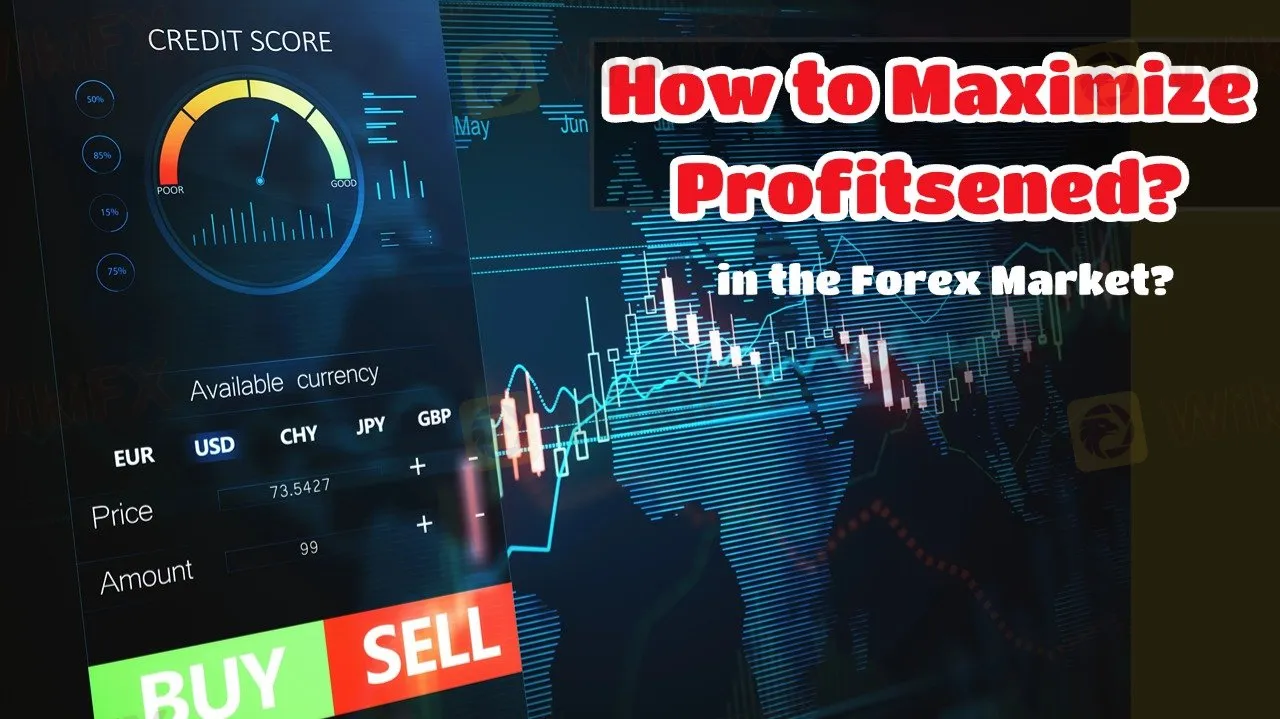简体中文
繁體中文
English
Pусский
日本語
ภาษาไทย
Tiếng Việt
Bahasa Indonesia
Español
हिन्दी
Filippiiniläinen
Français
Deutsch
Português
Türkçe
한국어
العربية
How to Maximize Profits in the Forex Market?
Abstract:The forex market is ever-changing—how to secure steady profits is the key question for every trader.

At its core, forex trading involves buying currencies expected to appreciate or selling currencies expected to depreciate, earning profits from exchange rate fluctuations. As the largest financial market globally, forex sees daily trading volumes reaching trillions of dollars.
It operates as a zero-sum game—one party profits while the other loses. Traders can go long (buy) or short (sell) to capitalize on both rising and falling markets. Unlike stocks or commodities, short-selling in forex carries no negative connotation, giving traders greater flexibility.
To achieve consistent profitability, it‘s crucial to follow prevailing trends and implement well-structured strategies. For example, shorting USD/CAD at 1.0950 and closing the position at 1.0900 would yield a 50-pip profit. Monitoring key global economic data and monetary policies—such as Australia’s high-yield government bonds, which often support AUD strength—can help traders make informed decisions. Combining technical and fundamental analysis while managing risk effectively is vital.
Traders should avoid emotional pitfalls like dwelling on “what could have been” and instead focus on disciplined, rational trading.
The forex market is highly volatile, with trends that can shift abruptly, leading to potential losses if mishandled. While opportunities abound, traders must always account for risks. Events like sudden U.S. dollar rebounds or shifts in global economic policy can adversely affect open positions.
Therefore, while chasing profits, traders must stay calm, exercise caution, stick to their strategies, and avoid impulsive decisions to ensure sustainable success.

Disclaimer:
The views in this article only represent the author's personal views, and do not constitute investment advice on this platform. This platform does not guarantee the accuracy, completeness and timeliness of the information in the article, and will not be liable for any loss caused by the use of or reliance on the information in the article.
Read more

Why Trade Agreements Matter to Nations
In today’s interconnected world, trade agreements serve as the foundation for stable and predictable international commerce.

Trade Fights Are Heating Up—What Happens Next?
Global financial markets have become increasingly reactive to even minor developments in international trade talks.

Juno Markets Upgrades to FYNXT PAMM
Juno Markets has successfully upgraded its managed account infrastructure by integrating FYNXT’s Percent Allocation Management Module (PAMM) system.

Italy’s CONSOB Blocks Sites of ITradingFX and NEX TRADE in Latest Crackdown
Italy’s Companies and Exchange Commission (CONSOB) has ordered Internet service providers to block access to nine unauthorized investment websites, including “ITradingFX” and “NEX TRADE,” as part of its ongoing effort to curb abusive financial services Consob.
WikiFX Broker
Latest News
Think Scams Won’t Happen to You? That’s Exactly What Scammers Count On
Currency Calculator


